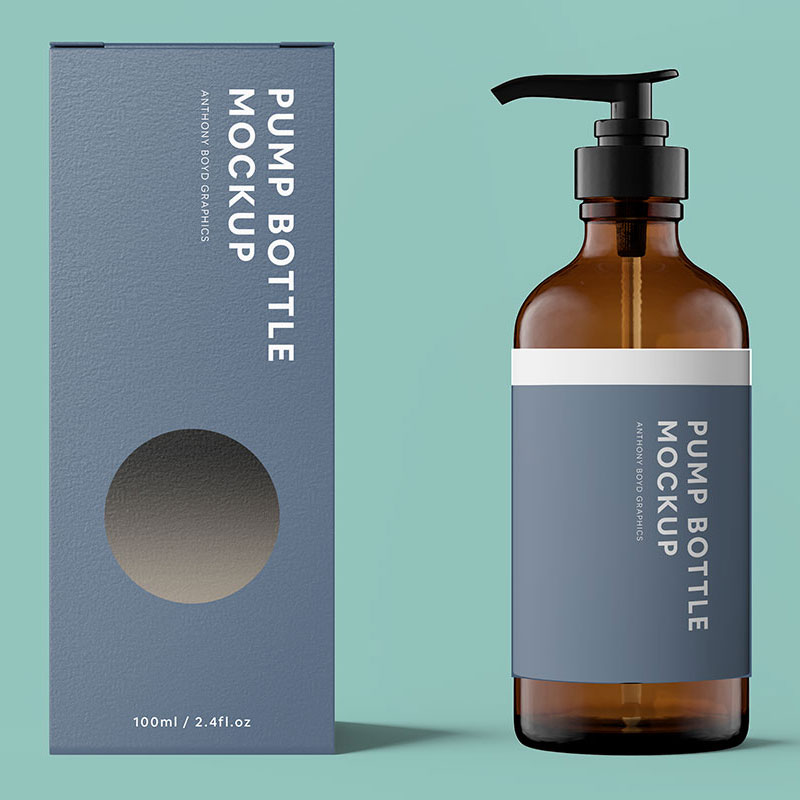Table of Contents
Personalized Product Labels: Win Over Consumers

The importance of personalized product labels
In a world where consumers have countless choices at their fingertips, personalized product labels they can make a significant difference in attracting attention and building trust. Generic labels may fail to engage consumers as they often lack the personal touch that resonates with their unique preferences and values. On the other hand, personalized labels can create a connection, making consumers feel understood and appreciated.
In addition, the personalized labels product enable businesses to differentiate themselves from competitors. By customizing labels to reflect their brand identity and values, companies can create a distinct image that sets them apart. This not only helps attract new customers, but also builds brand loyalty among existing ones, as consumers are more likely to trust and remain loyal to a brand that understands and values their individuality.
Understanding consumer trust and confidence
Trust is the foundation of any successful business-consumer relationship. Consumers want to feel confident that the products they buy are of high quality, safe and meet their specific needs. Personalized product labels play a key role in building this trust by providing important information and reassurances.
When consumers see personalized labels that address their specific concerns or desires, they are more likely to trust the product and the brand behind it. For example, a label that highlights the use of organic ingredients will resonate with environmentally conscious consumers, giving them confidence in their purchasing decision. By customizing labels to meet these specific needs, businesses can build trust and establish themselves as a trusted source for products that align with consumer values.
Benefits of personalized product labels
The benefits of personalized labels products extend beyond building consumer confidence. Custom labels can also enhance brand recognition, increase product visibility and improve overall customer satisfaction.
Personalized labels that effectively communicate a brand's message and values can leave a lasting impression on consumers. When a label resonates with them on a personal level, they are more likely to remember the brand and its products. This increased brand recognition can lead to repeat purchases and word-of-mouth referrals, further expanding your customer base.
In addition, personalized labels can increase product visibility on store shelves. Eye-catching designs and customized messaging can grab attention and make products stand out from the competition. By engaging consumers, businesses have a better chance of converting them into loyal customers.
Finally, personalized product labels can improve customer satisfaction by providing relevant information and clear instructions. When labels are customized to meet the specific needs of consumers, they can easily find the information they are looking for, leading to a more positive user experience and increased satisfaction with the product.


How to create personalized labels product
Creating effective personalized product labels requires careful consideration and attention to detail. Here are some basic steps to follow:
Know your target audience: Understand your customers' preferences, values and needs. Conduct market research and gather information to inform its planning label your.
Design with intention: Create tags that align with your brand identity and values. Use colors, fonts and images that resonate with your target audience. Consider incorporating personalized elements such as names or custom messages.
Highlight key features: Identify your product's unique selling points and highlight them on the label. Whether it's organic ingredients, sustainability or innovative technology, make sure these attributes are clearly communicated.
Provide the necessary information: Make sure your label includes all relevant information, such as product ingredients, directions for use and safety warnings. Clear and concise information builds trust and helps consumers make informed purchasing decisions.
Test and Repeat: Before finalizing your label design, gather feedback from your target audience. Conduct focus groups or surveys to understand how consumers perceive your labels and make necessary improvements based on their feedback.
Key elements to include on personalized labels product
To create effective personalized product labels, some basic elements should be included. These elements help convey important information and build consumer trust. Here are some key points to consider:
Logo and brand name: Clearly display your logo and brand name to build brand recognition and define your identity.
Product Name: Use a descriptive and attractive product name that captures the essence of your offering.
Unique Selling Points: Highlight the key features or benefits of your product that set it apart from competitors.
Ingredients or materials: Provide a comprehensive list of ingredients or materials used in your product, especially if they are organic, natural or sustainably sourced.
Instructions for use: Clearly describe how to use the product, including any dosage or application instructions.
Safety Warnings: Include any necessary consumer safety warnings or precautions.
Contact info: Provide contact information, such as a website, customer service number, or social media handles, for consumers to reach out with any questions or concerns.
Tips for gaining consumer trust through personalized labels
While personalized product labels can be powerful tools for building consumer trust, it's important to approach their design and implementation strategically. Here are some tips to help you gain consumer trust through personalized labels:
Be transparent: Provide accurate and honest information in your tags. Avoid making exaggerated claims or misrepresenting your product.
Use environmentally friendly materials: Consider using sustainable and eco-friendly label materials to align with the values of eco-conscious consumers.
Prioritize quality: Make sure the quality of your label matches the quality of your product. A poorly designed or low-quality label can undermine consumer confidence.
Stay consistent: Keep your label design consistent across product variations. This helps create a recognizable and cohesive brand image.
Listen to comments: Actively seek and listen to consumer feedback about your labels. This shows that you value their opinions and are committed to continuous improvement.
The role of personalized labels in brand loyalty
Personalized product labels have a significant impact on brand loyalty. When consumers feel understood and valued through personalized labels, they are more likely to develop an emotional connection with the brand. This emotional connection translates into increased brand loyalty as consumers choose to buy repeatedly from a brand they trust and identify with.
In addition, personalized labels can foster a sense of exclusivity and belonging among consumers. By customizing labels to meet their individual preferences, businesses create a unique and personalized experience. This sense of exclusivity encourages consumers to remain loyal to the brand as they feel a special connection that cannot be replicated elsewhere.
Conclusion: Embracing personalized labels for business success
In conclusion, personalized product labels are a powerful tool for building consumer trust and driving business success. By customizing labels to meet individual preferences and needs, businesses can create a personal connection with consumers, differentiate themselves from competitors, and strengthen brand loyalty.

Interest Form